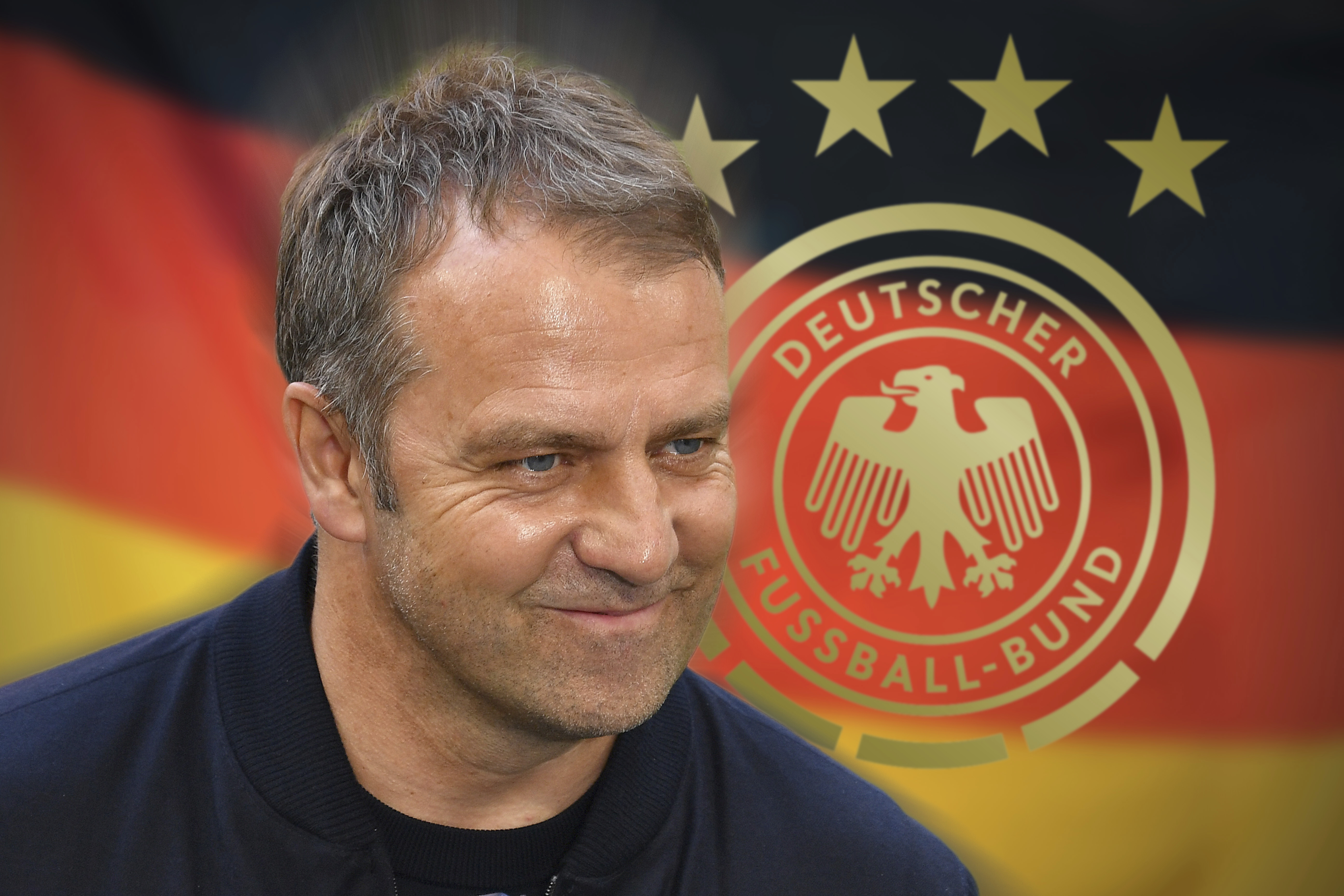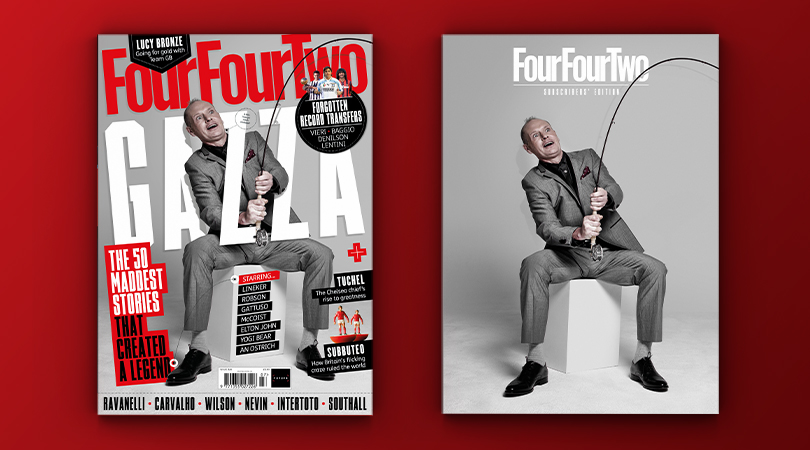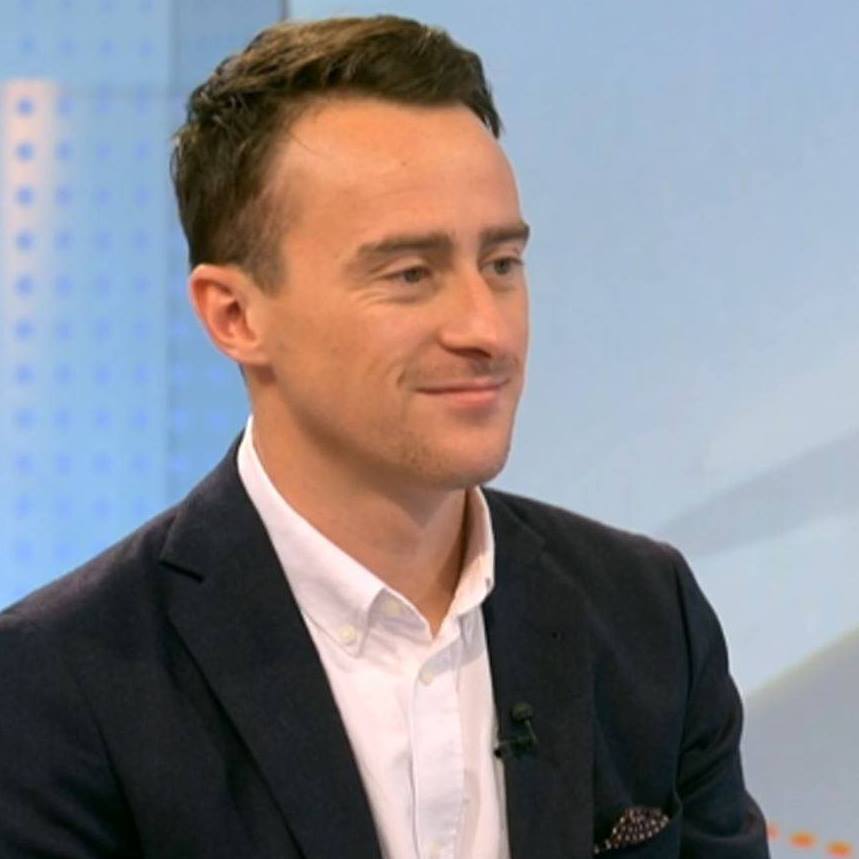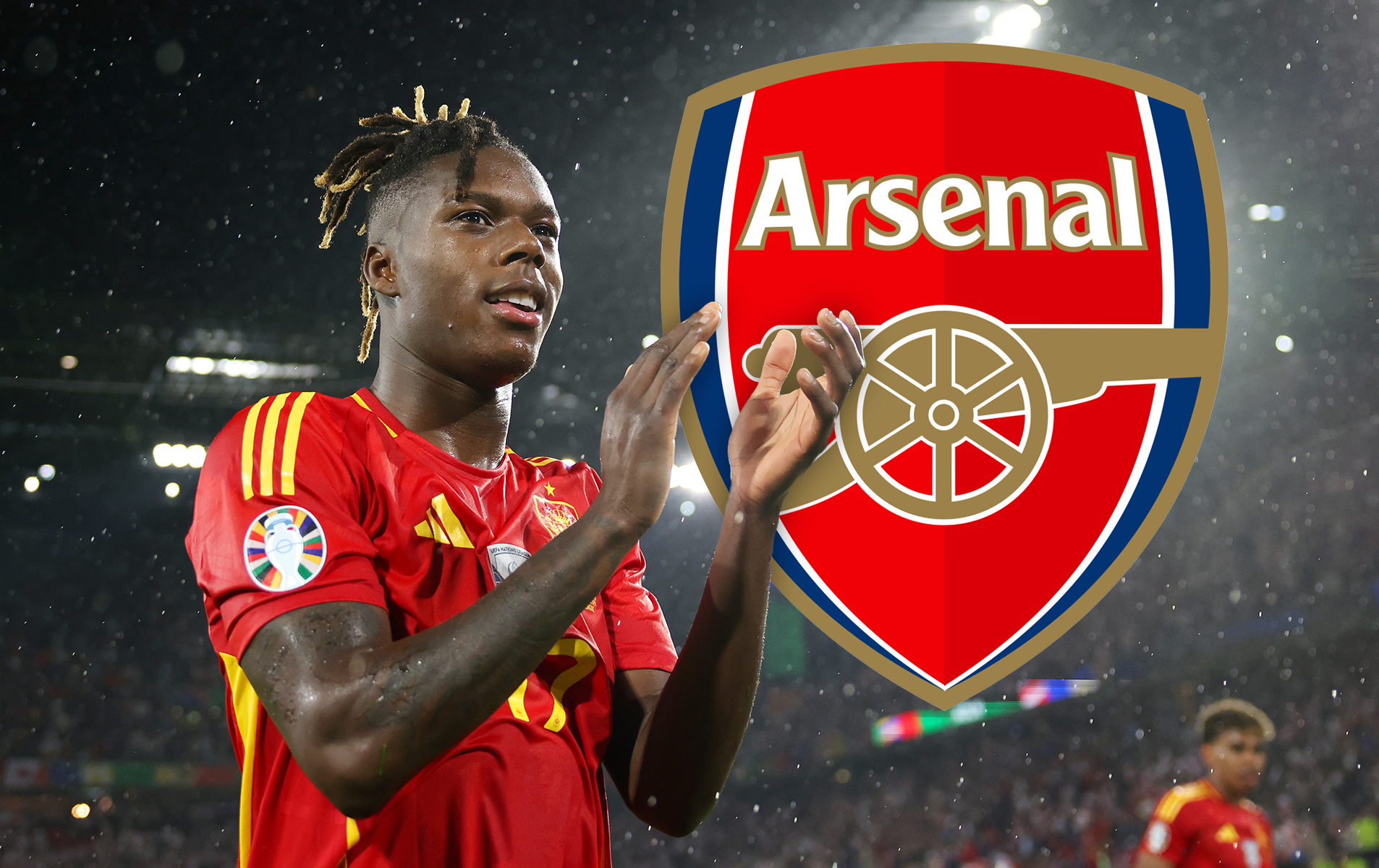A new era: How Hansi Flick can return Germany to the summit of world football
Following their Euro 2020 exit, Germany embark on a new era under incoming manager Hansi Flick

A new era for the Nationalmannschaft is about to begin. Former Bayern coach Hansi Flick will now replace Jogi Low after Germany's Euro 2020 defeat to England. Freshening things up, and returning Germany to their historical position at the summit of world football, is Flick’s task.
To help him get started, we’ve identified five areas they need to improve ahead of the 2022 World Cup.
EURO 2020 England vs Germany reaction: 5 big talking points from the Three Lions' 2-0 triumph
Play Kimmich in midfield
Throughout the second half at Wembley on Tuesday, Harry Maguire played a number of dangerous balls through Germany’s midfield into Harry Kane’s feet. While progressive passing has always been a strong point for the Manchester United captain, it all felt too easy.

Low could have solved the problem by moving Joshua Kimmich into midfield - a position he usually plays for Bayern Munich. Germany’s no.6 is a leader, an intelligent reader of the game and he ranked first in the Bundesliga last season for progressive passes and through balls - indicating his importance in building attacks through the middle. Kimmich is a brilliant right-back, but Germany need to utilise his talents centrally.
Ditch the 3-4-3 formation
Germany’s implementation of a back three began in October 2018, following the Nationalmannschaft’s disastrous defending at the World Cup in Russia. It made sense to experiment at the time, given Low axed experienced centre-back pairing Mats Hummels and Jerome Boateng after the tournament. But things have hardly improved - even with the reintroduction of Hummels at Euro 2020 - and it’s time to revert to a four-man defence.
This would allow Germany to make better use of their attacking resources, with a defensive player swapped out for an extra forward. Flick was a big fan of a 4-2-3-1 during Bayern’s sensational treble-winning campaign in 2019/20, and it’s likely Germany will adopt that set-up under him at next winter’s World Cup in Qatar. It will be a welcome change.
Get FourFourTwo Newsletter
The best features, fun and footballing quizzes, straight to your inbox every week.
Settle on a new back four
Robin Gosens has been one of the few positive takeaways for Germany at this Euros and the left-back has solved a long-standing issue in that position. But who starts alongside the Atalanta man in a back four?
None of the three centre-backs who started against England are shoe-ins for the new era. Mats Hummels turns 33 this year; Ginter struggled to impose himself in any match and Antonio Rudiger was labelled "weak" by German outlet kicker on Wednesday morning.
Flick may look to bring Niklas Sule - on the bench throughout Euro 2020 - back into the starting lineup. The Bayern defender is quick, strong and good on the ball. Meanwhile, a new right-back is needed to replace Kimmich, and Wolfsburg’s Riedl Baku would be a popular choice. The 23-year-old is rapid, a great dribbler and made more blocks than any player in the Bundesliga last season.
Identify a new no.9
Germany entered Euro 2020 with only one natural no.9 in their squad - Monaco’s Kevin Volland. Evidently not trusted, Low has instead selected Timo Werner, Serge Gnabry, Kai Havertz and Thomas Muller to play centre-forward at various times over the past 12 months. While all four know where the goal is, each performs better in a supporting role.
Unfortunately for Germany, there is no quick fix. The most exciting natural striker emerging in Germany is 16-year-old Youssoufa Moukoko. The 22-year-old Lukas Nmecha, of Manchester City, could be an option if he builds on last season's successful loan spell at Anderlecht.
Failing that, Flick will have to help one of his current “forwards” - Havertz, perhaps - develop into the striker Germany needs right now. Square pegs in round holes won’t cut it much longer.
Trust in young players
One massive boon, heading into the new era, is the quality of young players coming through. Havertz, Werner, Gnabry, Sule and Sane are senior players all aged 25 or under. They can form the basis of the next era, while younger talents stake their claim ahead of Qatar 2022.
Playmaker Musiala (18), already has five caps and looks a future Ballon d’Or winner. Uncapped winger Florian Wirtz (18), of Bayer Leverkusen, has 17 goal contributions in 47 senior club appearances. The aforementioned Moukoko (16) has three goals in 14 Dortmund appearances. Left-back Luca Netz (18) featured 11 times for Hertha Berlin last term and some believe he has the potential to captain Germany one day. All of these players, as well as others, will gain further experience over the coming season and it wouldn't be a surprise to see two or three of them make the squad for 2022.
Subscribe to FourFourTwo today and get a FREE England Euro 96 shirt!
READ NEXT
FOR YOUR HOME Euro 2020 wall chart: Download free with full schedule, fixtures and dates
REFS Euro 2020 referees revealed: who are they, how were they selected and will VAR be in use?

Ed is a staff writer at FourFourTwo, working across the magazine and website. A German speaker, he’s been working as a football reporter in Berlin since 2015, predominantly covering the Bundesliga and Germany's national team. Favourite FFT features include an exclusive interview with Jude Bellingham following the youngster’s move to Borussia Dortmund in 2020, a history of the Berlin Derby since the fall of the Wall and a celebration of Kevin Keegan’s playing career.
